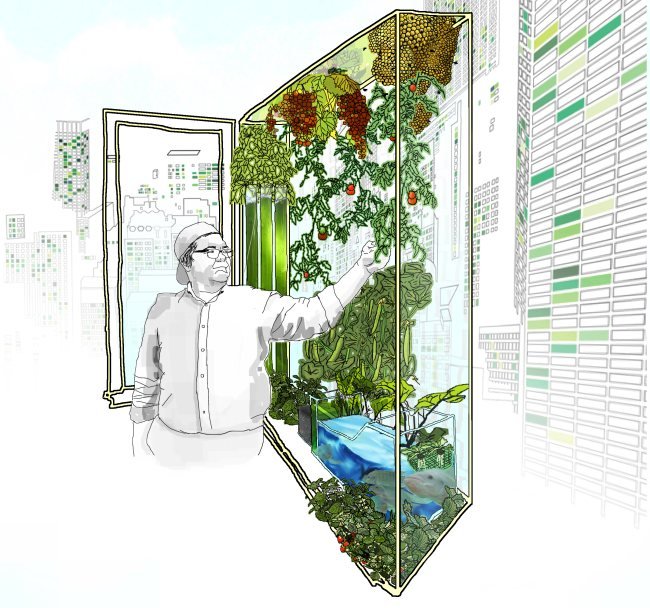
We are all still pioneers.
Tens of thousands of global citizens collaborate massively, tinkering at home in their spare time on fixes to environmental programs ranging from vertical garden windowfarms, to air quality sensors, to biogas home cook stoves.

Imagining many threads of development in one home. A reimagined curtain wall architecture supports co-habiting species.
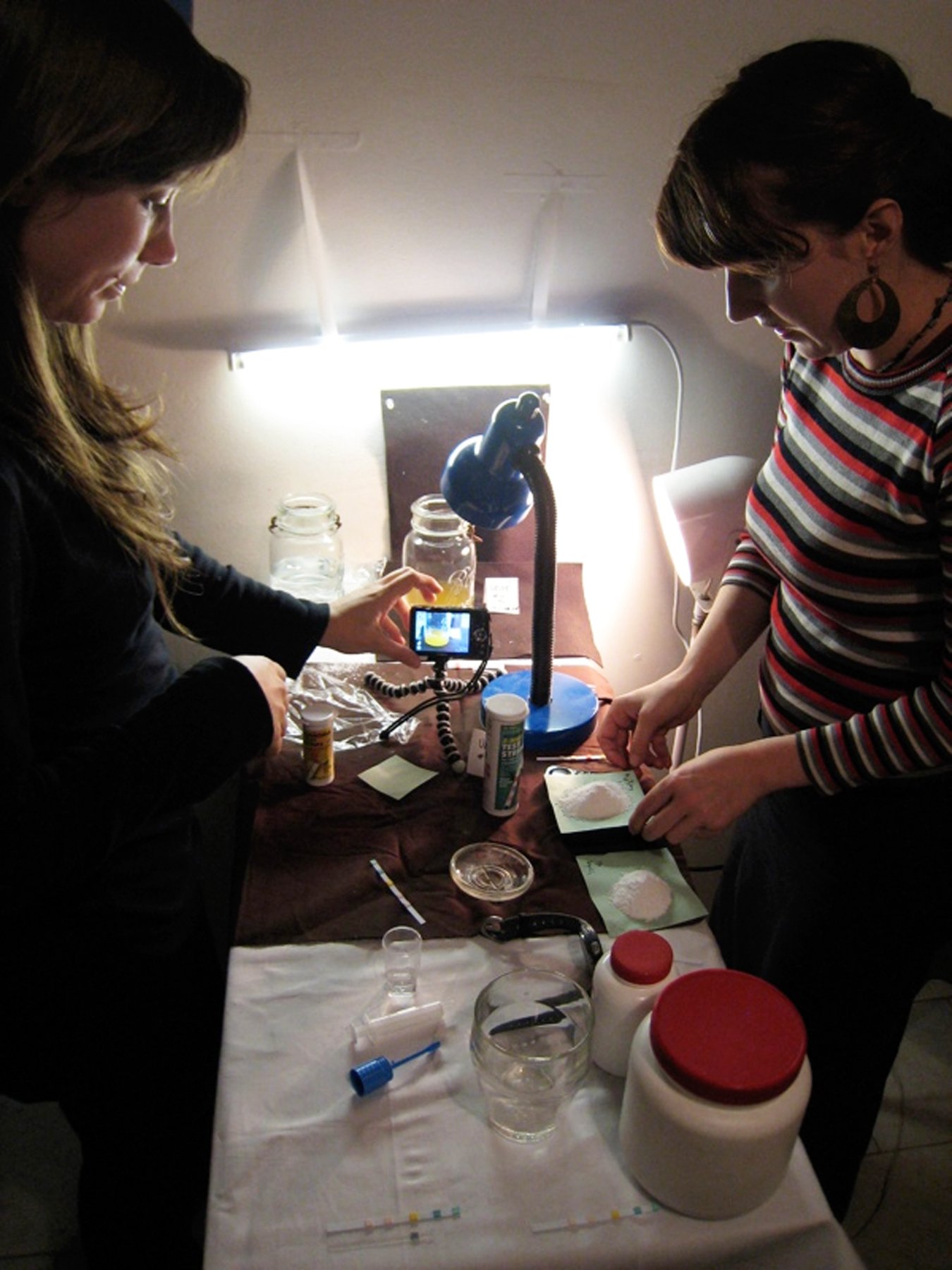
Britta Riley and Rebecca Bray conducted chemistry experiments in Riley's NYC kitchen and set out to start a "craze" of tinkering on environmental solutions.
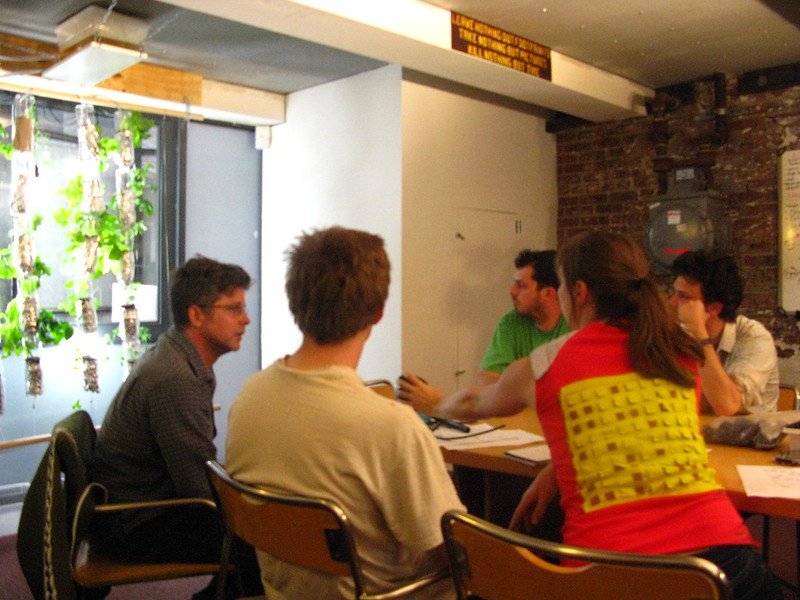
A group of "Pioneers" met over several weeks at Eyebeam for a first workshop series and test collaborations.
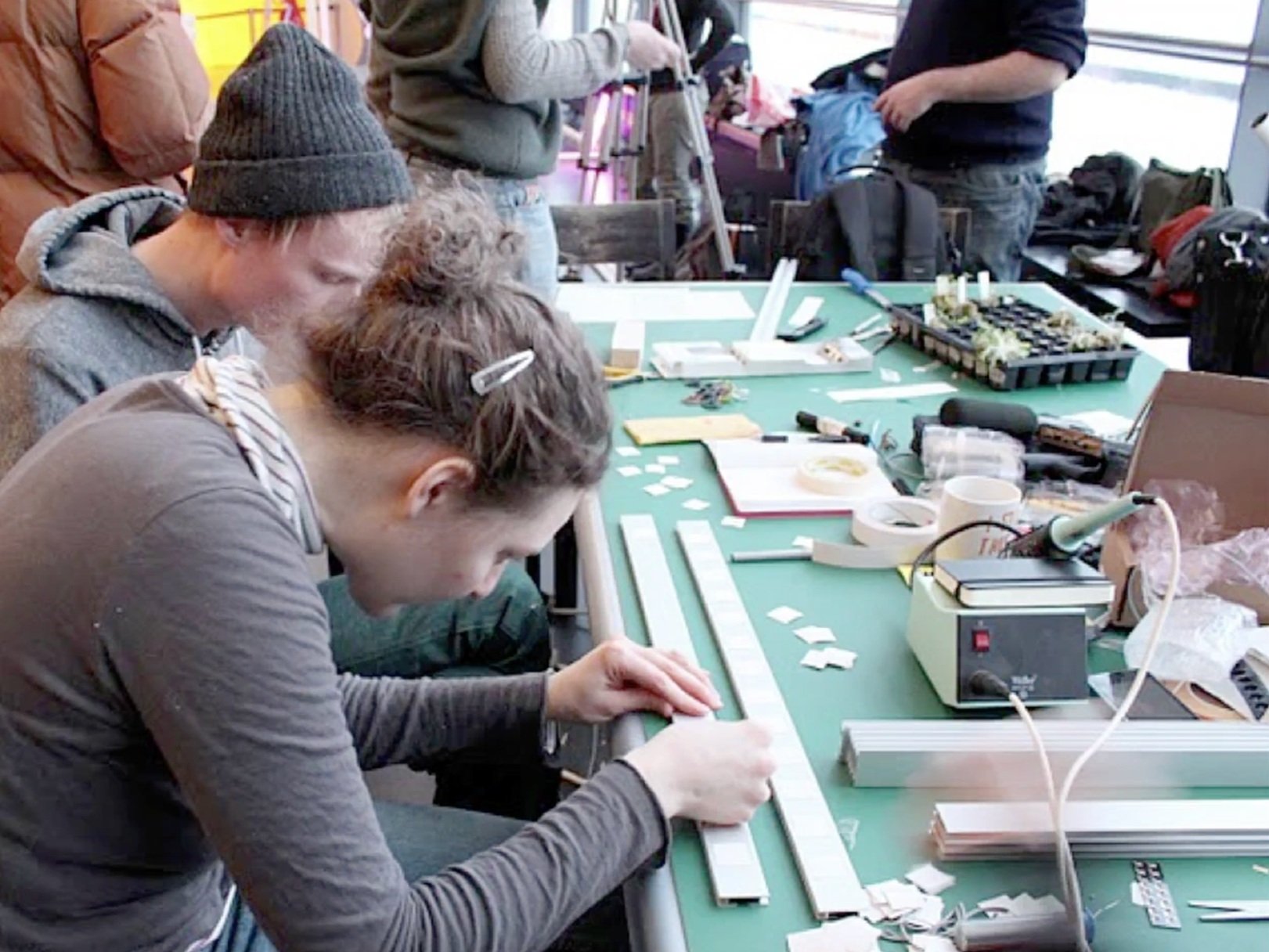
Participants in Finland work together on LED growlight design implementation as part of the Pixelache Festival.

The joy of collaboration moves @Eiileen to tears. She realizes her tweak helped @Mieke & prompted improvements.
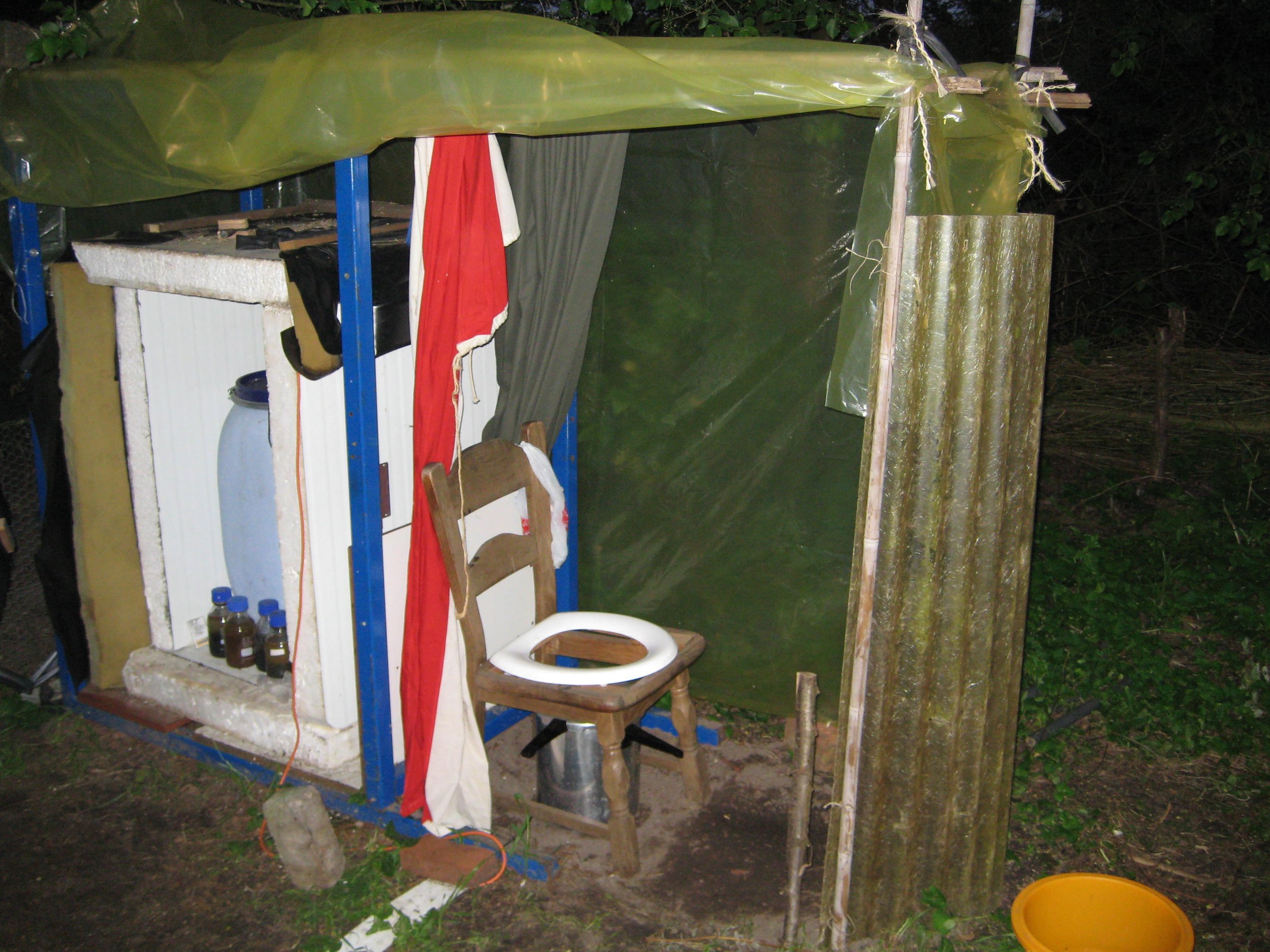
@Keelan shows a toilet design
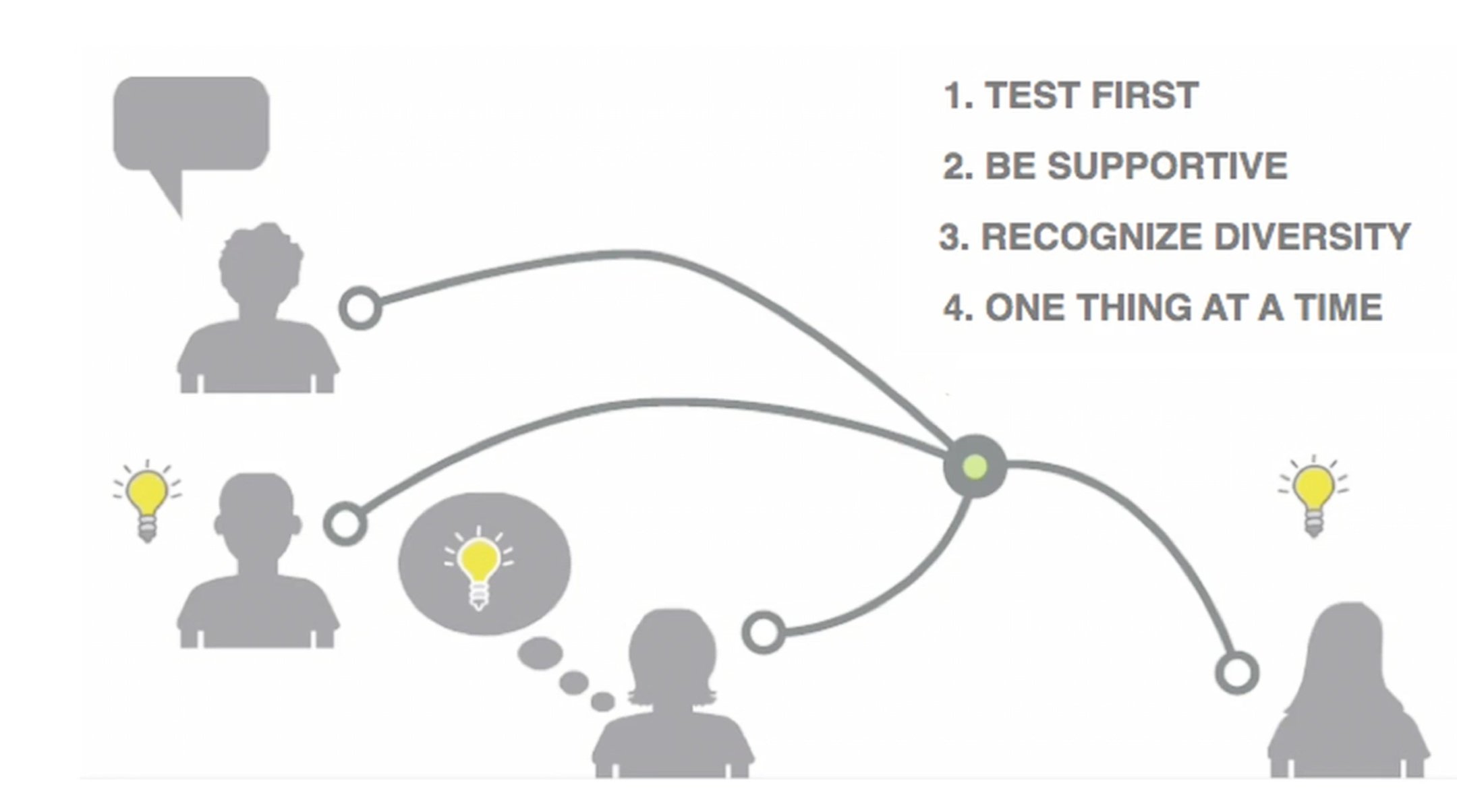
Creating a culture that fostered collaboration and acknowledgment became Riley's constant focus.

@Keelan demonstrating his proposal for biogas for cooking.

Windowfarms were the most active branch of R&DIY development, but other branches, like sensor systems, flourished as well.

Sample distribution of site members working on windowfarms branches around the world in 2011
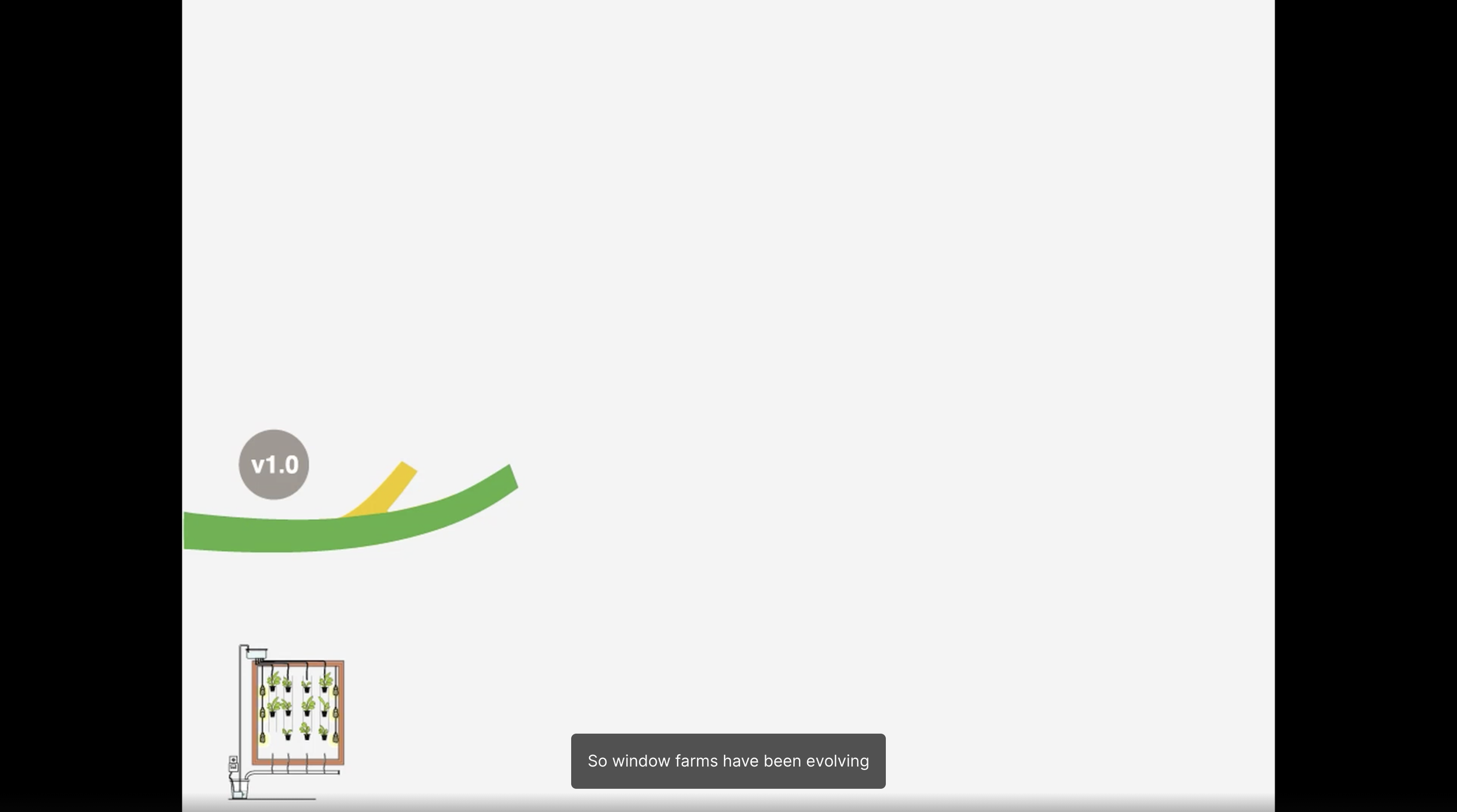
Versioning and Forking Animation

The forking process within the windowfarms designs on rndiy.org.

Riley talks about early pioneers at TEDx Manhattan.

The dynamics of design "forking" by user groups, become more pronounced.
We are all still pioneers.
Offline public gatherings held internationally by local self-formed groups and a global social media platform online allowed tens of thousands of global citizens to collaborate massively. They tinkered at home in their spare time on fixes to environmental programs, documented their work, and “forked” one another’s designs.
R&D-I-Y started as an art collaboration between Britta Riley and Rebecca Bray in 2008/2009. Britta would invite Rebecca over to tinker in her tiny NYC kitchen. They realized they wanted to “start a craze” around tinkering at home on environmental problems and see if the crowd could outpace big companies in getting to solutions that worked for both the environment and for ordinary citizens, who, after all, know their preferences, without need for a focus group.
Through a residency at Eyebeam Center for Art and Technology, Riley, Bray, and a team of “Pioneers” built an early social media site with features that allowed pioneers to document their work as how-tos and respond to one another’s work via subsequent how-tos.
Popularized by Riley’s 2011 TED Talk (promoted from TEDx Manhattan) with over 3 million views to date, new development threads burgeoned on the website, and membership peaked at about 18,000 active users.
Branches of design included LED lights for various applications, home cookstoves that used biogas, aquaponics systems, organic chemistry formulas, air quality monitors, algae tanks, plant hybridization for indoor growing, fauna habitats, soil replacements, d-i-y bike designs, solar ovens, composting systems, a vast array of sensor systems, and— the most popular branch— vertical farms designs including Windowfarms.
From Riley’s perspective as an artist, the project became much more about the form of human collaboration & community than about the — also exciting— content of environmental issues, scientific formulas, plants, and engineering. When the community arrived, her work became all about Culture. The relationships between members of the group & of the community and a larger capitalist society touched on many complex and thorny issues. Riley ended up dealing with patents, legal structures, and funding as the project grew.
Ultimately, the technical and financial complexity was too much, and the project did not find a sustainable path to long-term self-sufficiency. Riley let the site’s costly server hosting contract expire after seven years in 2016.
See a selection of user-submitted photos and other detritus from this thriving global community project below.
(Please note— photo credits and user credits are in progress).